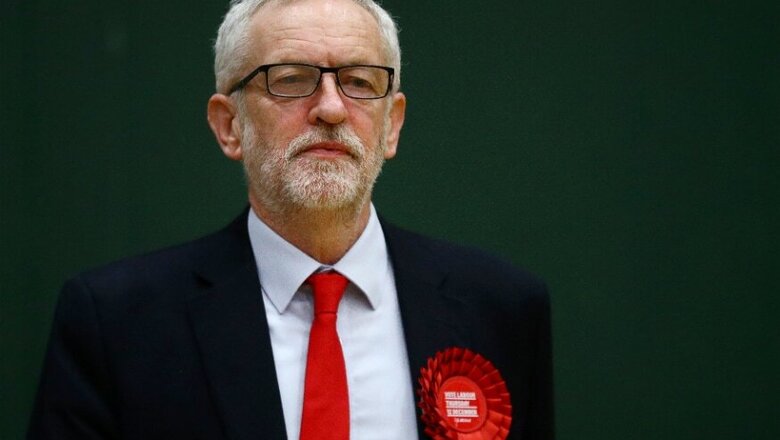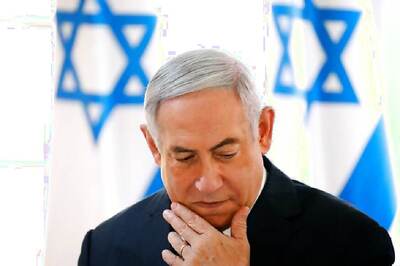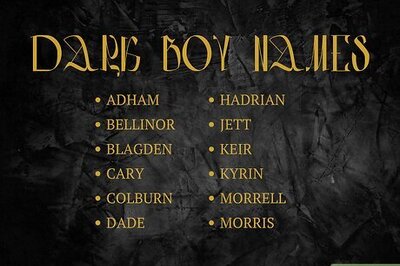
views
London: The most potent outcome of the 2019 British election for India is what didn’t happen. Labour leader Jeremy Corbyn didn’t win.
Any outcome can be seen in obviously inverted ways such as this, but Corbyn wasn’t just another alternative to the winner in a foreign election. Corbyn looking to the world and setting Labour policy to deal with it was targeting India first.
The party manifesto pointed to Kashmir as the first place where a Labour government would want to intervene. It was a fight he seemed to have been looking forward to keenly. His loss and unceremonious exit mean a long-drawn diplomatic war with India has been averted.
India had a borderline skirmish with Corbyn already following the Labour Party resolution on Kashmir earlier this year. That resolution did a lot more than express concern over rights. It accused the Indian government of ordering and organising rapes in Kashmir Valley.
The resolution was slipped in and passed insidiously towards the end of the annual party conference, but Corbyn said or did little later to disown it. He only had more to say along the same lines. No surprise that the Pakistani government officially put out a statement that it would wish Corbyn to be the next prime minister of Britain. A wasted wish as it turned out.
But, entirely inadvertently, Corbyn could have served the Indian community in Britain, and India, remarkably well. That resolution got Indians’ backs up. Around 130 major Indian organisations wrote in protest to Labour. They did more. Once the election was announced, they began to rouse Indians to turn away from their traditional support for Labour. “I have never seen anything like this,” Conservative Party Lord Rami Ranger told CNN-News18. “This election, Indians in Britain really rose as a political force.”
The rising force delivered.
A YouGov survey ordered by the group India Inc. a couple of weeks before the election found a 12 percent Indian swing away from Labour. The results came in line with that predicted trend.
“The Conservative Party has won at least 10 seats in this election on the strength of the Indian vote,” Conservative MP Bob Blackman, elected from Harrow East constituency, told CNN-News18.
Elsewhere, Indian candidates from the Conservative Party and Indians voting for it ate huge chunks away from the Labour lead in its own backyard. This is an election where every party got a glimpse, and more, of Indian political muscle in Britain.
Indians could always have shown such muscle, given the numbers to play with in a British election. Ten of the MPs in the last parliament held a majority of 75 votes or less -- one gentleman came into parliament with a majority of just two votes.
Indians in Britain have a million and more votes between them. Of course, they would count, if Indians would make them count. In the past, Indians haven’t voted as a bloc; Indian individuals have voted for the party of their choice, just as individuals take their pick from the ‘mainstream white’ populace. This time, many more Indians voted than ever before as an identifiably Indian entity with a peculiarly Indian political point to make.
That oneness makes leaders from the two countries now sweethearts of sorts. Relations between the Boris Johnson and Priti Patel team have become flirtatiously close at a time when Britain is preparing to divorce the European Union, finally, after more than three years of uncertainty on the brink.
Home Secretary Priti Patel told CNN-News18 that Indians post-Brexit will be treated on par with EU citizens, who enjoyed employment and other preferences in a Britain that was (and for a while will continue to be) a part of Britain. At some point, the Brits will want this cosy new way to spin money for them. This will be easier said than done. There’s a whisky test to pass.
Boris Johnson will want, as he has often said he does, lower tariffs on Scotch whisky going into India. Prime Minister Narendra Modi will have his limits on how much and how cheap he can let whisky get in order to please Boris.
But such negotiations are fair play between friendly governments. For now, India, largely through Indians in Britain, has seen off the dangers Corbyn was carrying and seemed impatient to unleash.
The Indian political story in Britain is only a sub-text, but a sub-text that has come to be written in bold for all parties to see. It says, don’t mess with India, don’t mess with Indians settled in Britain.

















Comments
0 comment